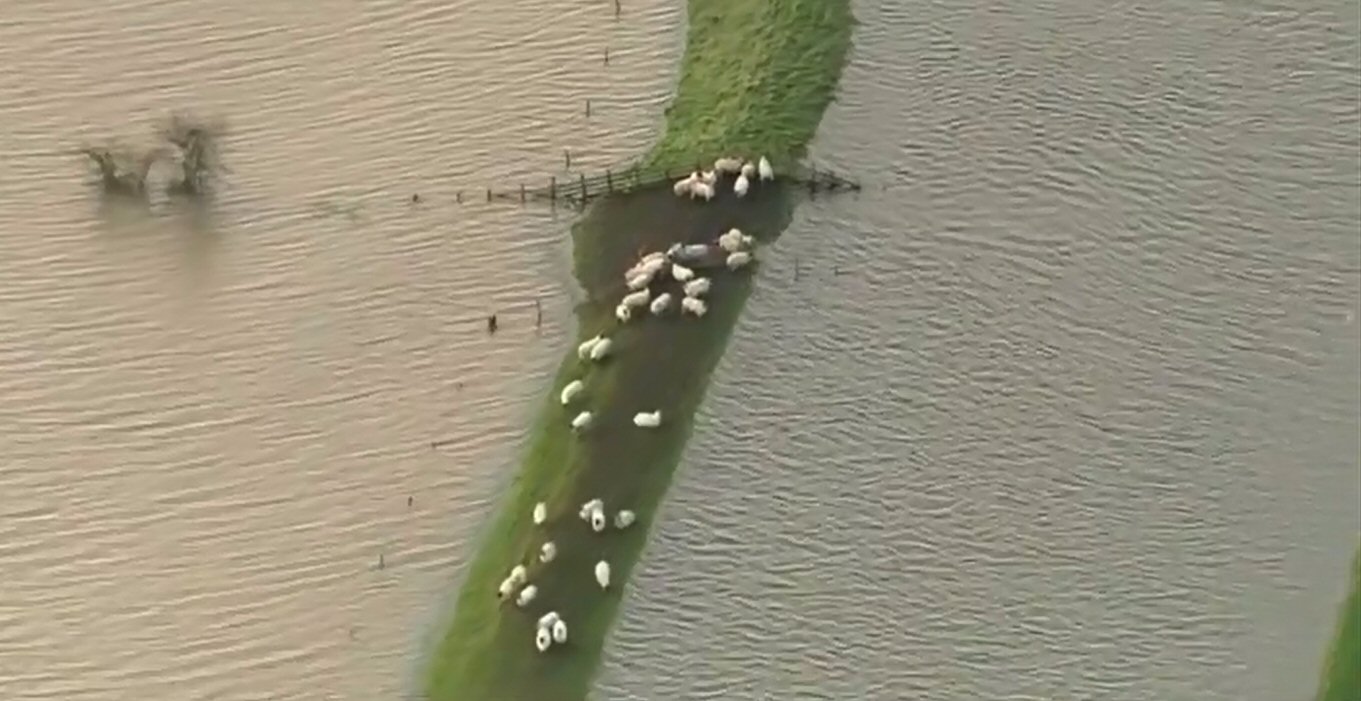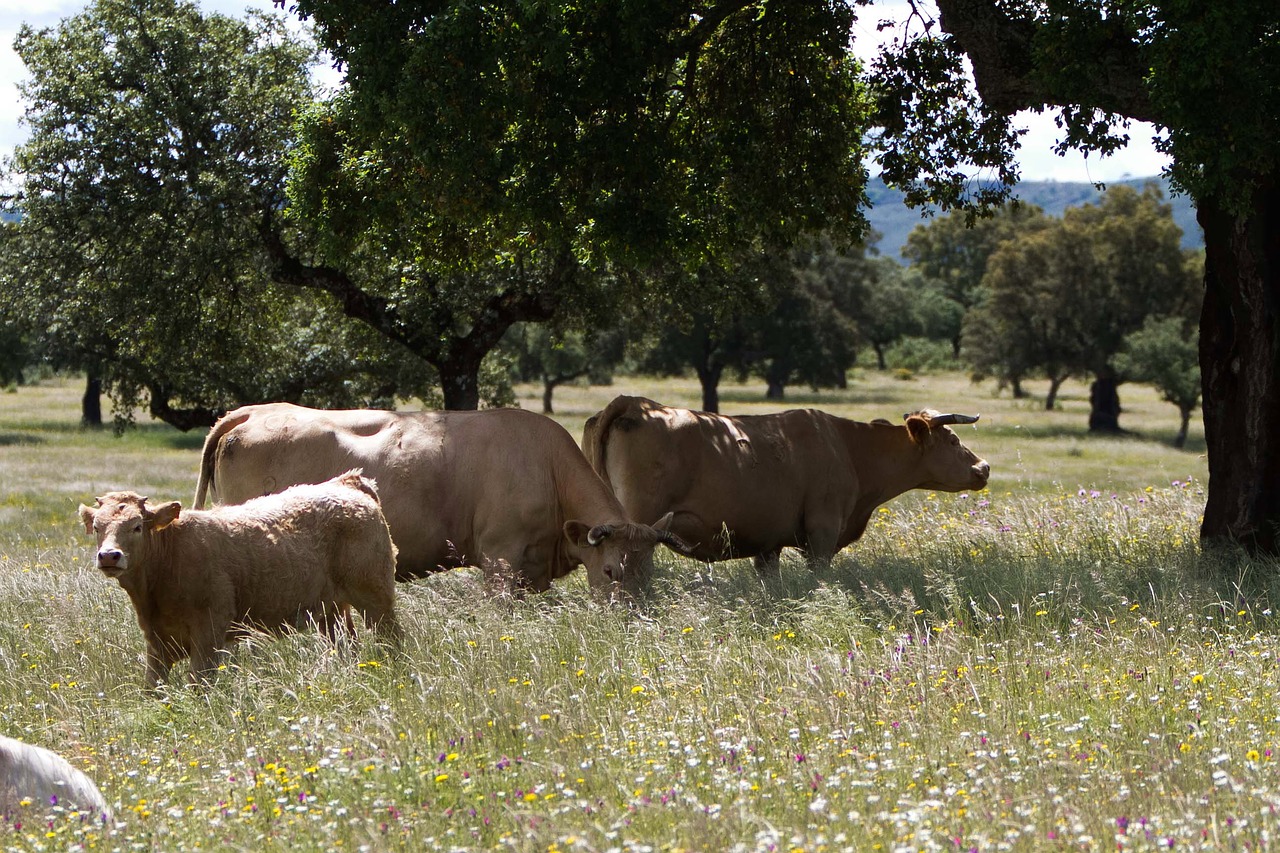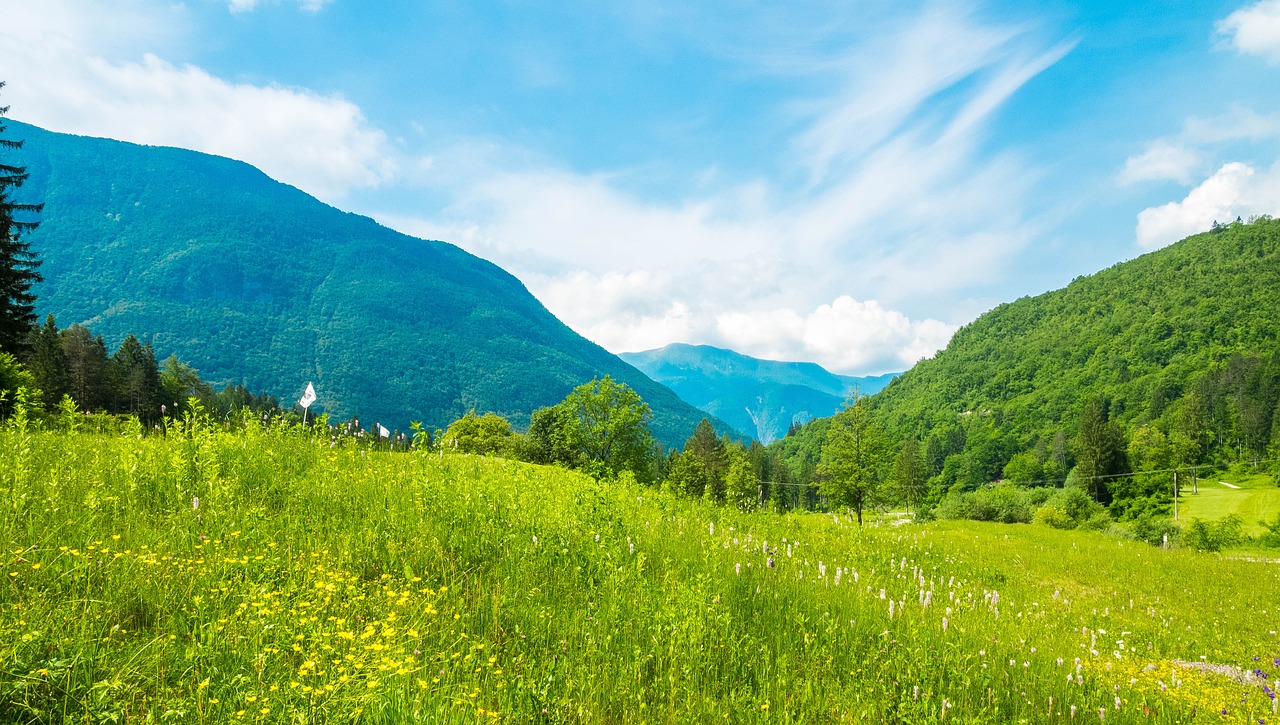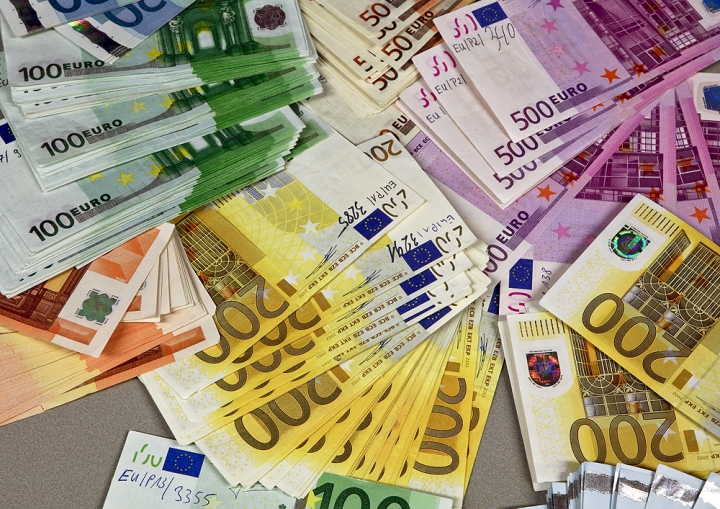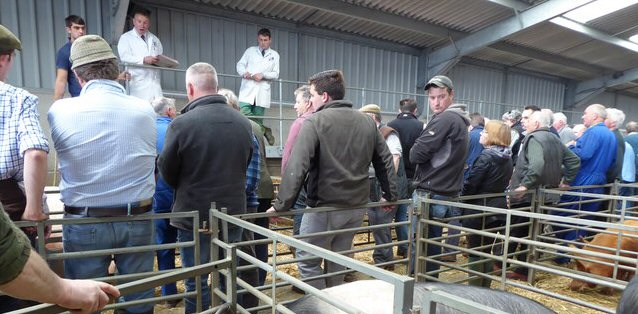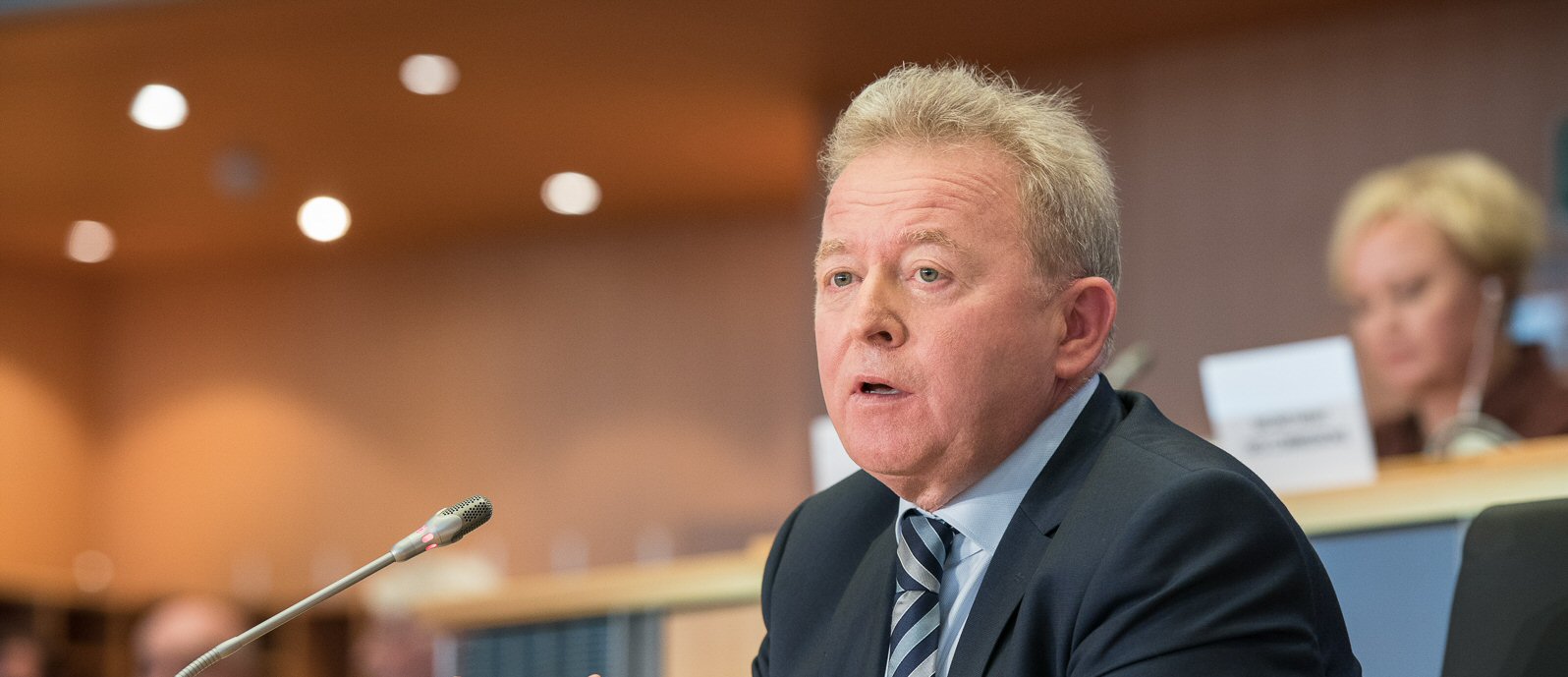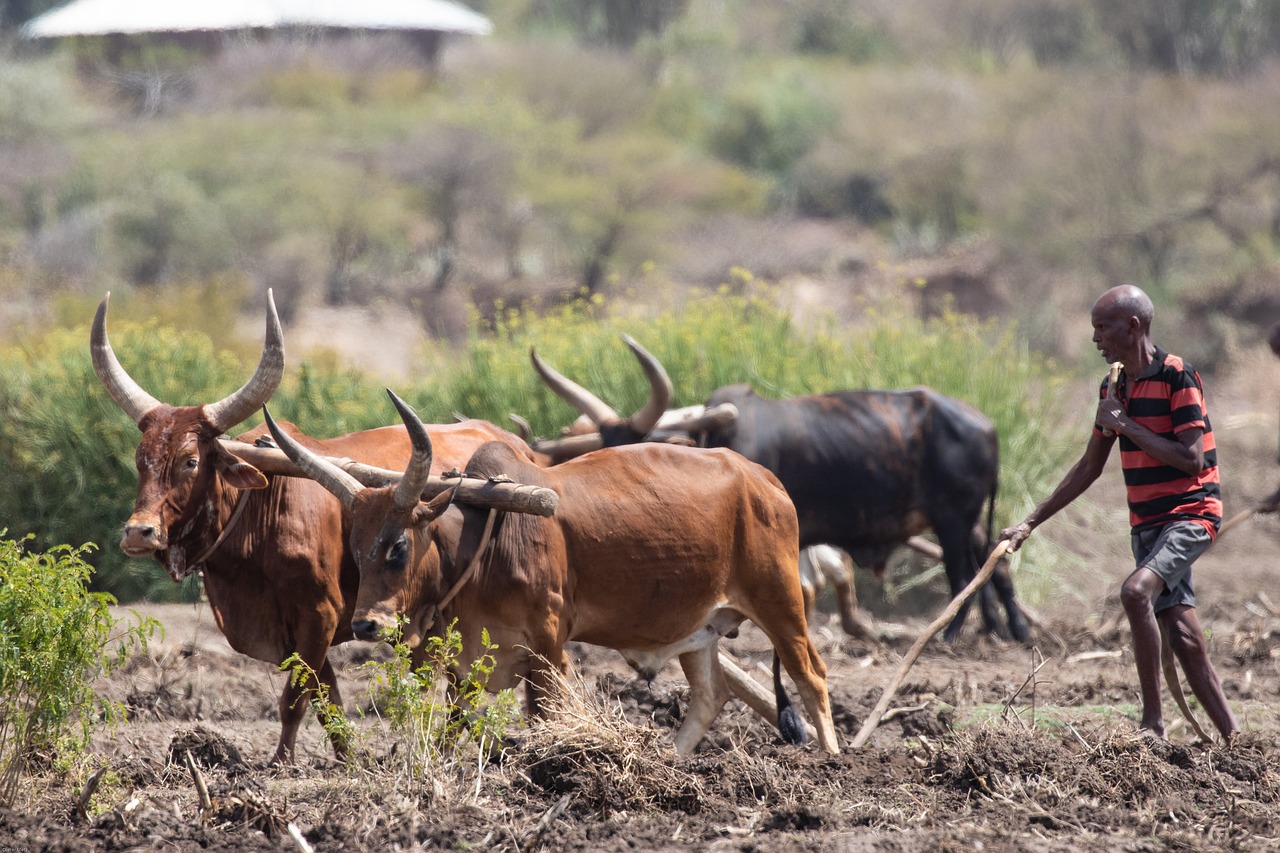The EU has signed up to the 17 UN Sustainable Development Goals to be achieved by 2030. Among these are Goal 13 to take urgent action to combat climate change and its impacts and Goal 15 to protect, restore and promote sustainable use of terrestrial ecosystems, sustainably manage forests, combat desertification, and halt and reverse land degradation and halt biodiversity loss.
The incoming Commission President-elect Ursula von der Leyen set out in her Political Guidelines for the new Commission her ambition that the EU should raise its commitment to reduce greenhouse gases (GHGs) in 2030 from 40% to 50% immediately and to 55% in the first half of the next decade compared to 1990.… Read the rest

